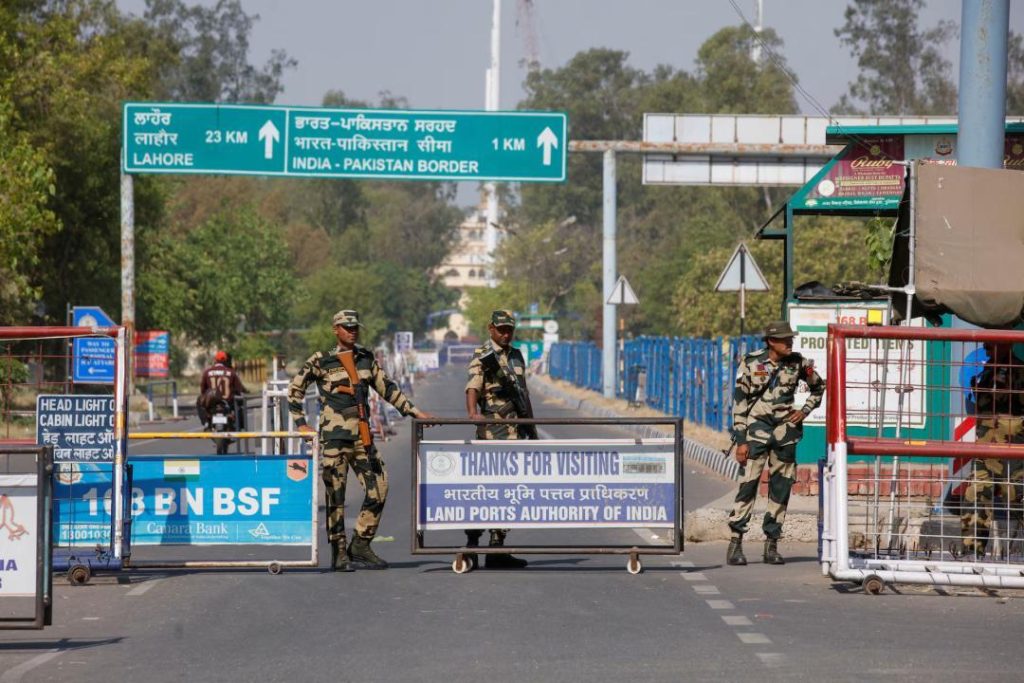
Pak didn’t take the dead after Kargil War, they’re not taking live ones now: Ex-envoy Vohra
The ongoing diplomatic tensions between India and Pakistan have taken a new turn with Pakistan shutting its border with India and barring its citizens from returning. This decision was taken after India suspended all Pakistani visas. The move has been widely condemned by many, including former Indian envoy to Pakistan, Deepak Vohra. In a recent statement, Vohra slammed Pakistan’s decision, saying that the country is refusing to take back its own citizens, including those who are still alive.
Vohra’s statement is particularly noteworthy given Pakistan’s track record when it comes to dealing with its own nationals. During the 1999 Kargil War, Pakistan suffered significant losses, including the death of many of its soldiers. However, instead of taking responsibility for its actions and repatriating the bodies of its fallen soldiers, Pakistan refused to do so. This move was seen as a sign of Pakistan’s lack of accountability and its tendency to shirk its responsibilities.
Now, it seems that Pakistan is repeating history. By refusing to take back its own citizens, including those who are still alive, Pakistan is once again demonstrating its lack of respect for human life and its willingness to abandon its own people. Vohra’s comments are a stark reminder of Pakistan’s track record and its refusal to take responsibility for its actions.
Vohra’s statement is also a powerful rebuke of Pakistan’s decision to shut its border with India. By doing so, Pakistan is not only affecting the lives of its own citizens but also causing harm to innocent people who are caught in the crossfire. Vohra’s words are a stark reminder of the human cost of Pakistan’s actions and the need for the country to take a more compassionate approach.
Vohra’s comments are also a reminder of the importance of accountability and responsibility. Pakistan’s refusal to take back its own citizens is a clear demonstration of its lack of accountability and its willingness to abandon its own people. This lack of accountability is a major problem in Pakistan and has led to many of the country’s problems, including its poor human rights record and its lack of progress in many areas.
Vohra’s statement is also a reminder of the need for India to take a stronger stance against Pakistan’s actions. India has been criticized for its handling of the situation, with some arguing that it has not done enough to pressure Pakistan to change its behavior. Vohra’s comments are a reminder of the need for India to take a stronger stance and to hold Pakistan accountable for its actions.
In conclusion, Vohra’s statement is a powerful rebuke of Pakistan’s decision to shut its border with India and refuse to take back its own citizens. Pakistan’s track record on this issue is clear, and its refusal to take responsibility for its actions is a major problem. Vohra’s comments are a reminder of the importance of accountability and responsibility, and the need for Pakistan to take a more compassionate approach.






